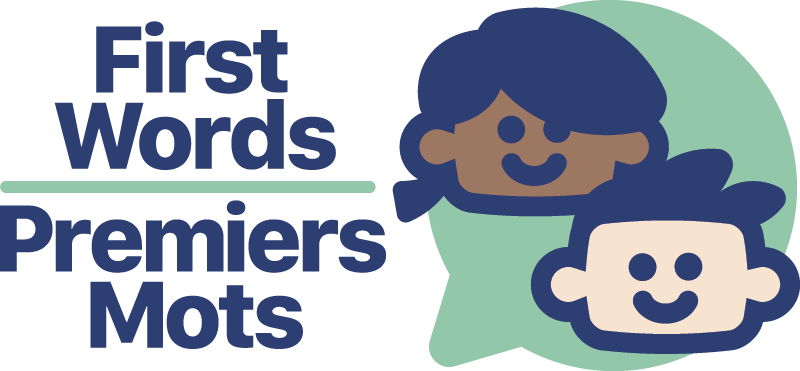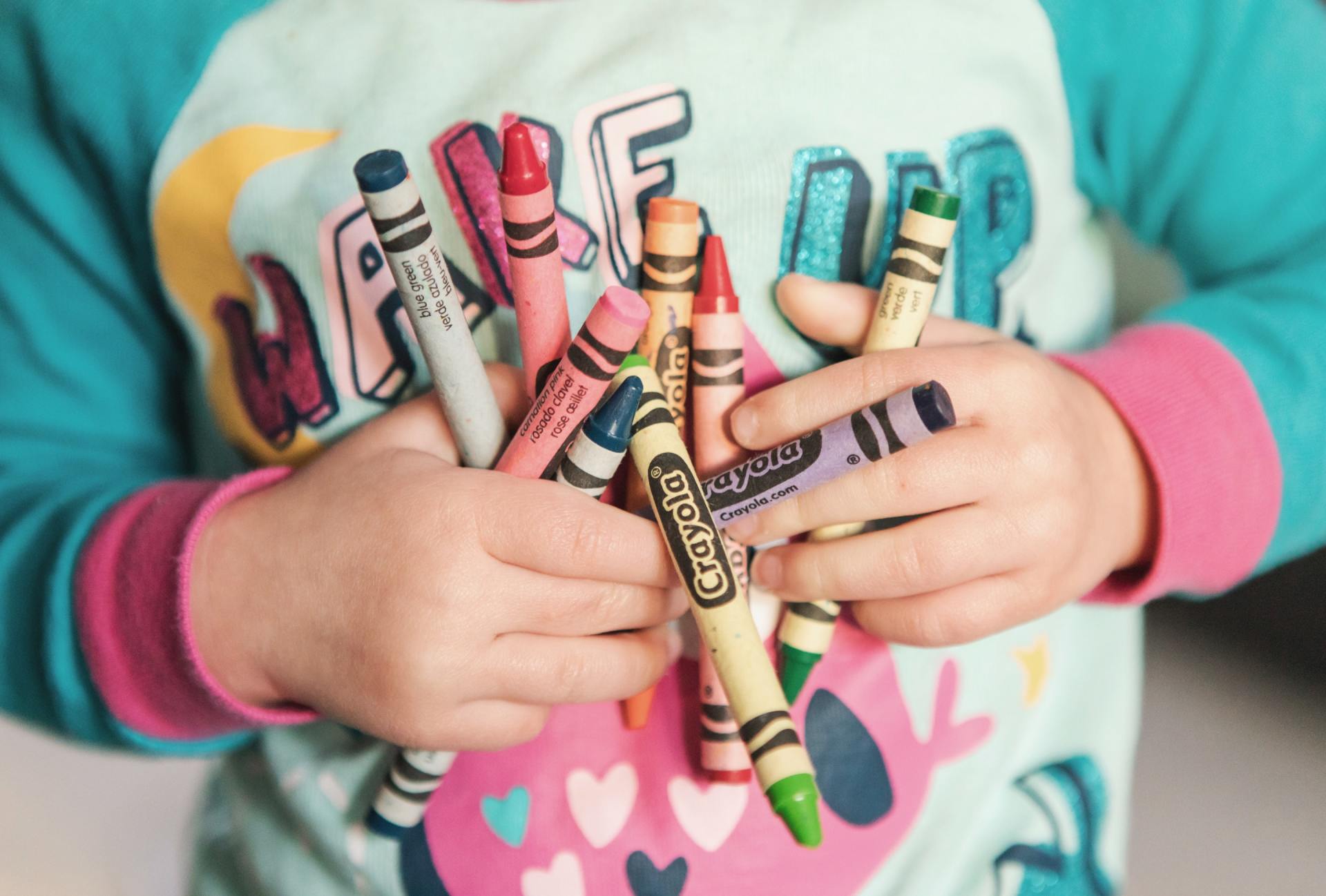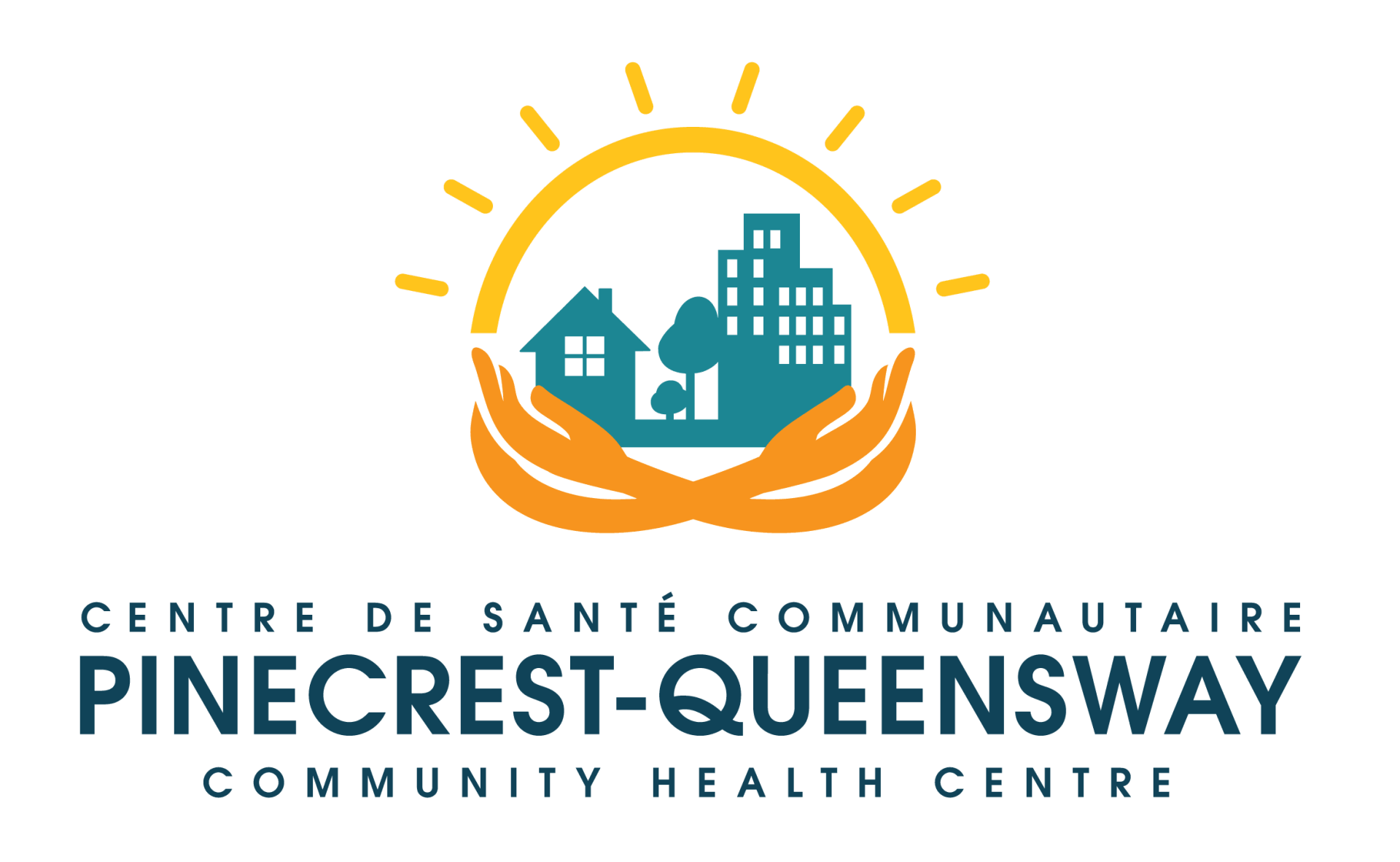Mealtime Tips to Help Stimulate Language Development
First Words Ottawa & Renfrew County • March 25, 2020
- Establish a family dinner routine - research shows that not only does it benefit the family’s health and relationships, it is also great for language development!
- Remove distractions - Turn the TV off and try to have everything ready before sitting down.
- Include everyone in the conversation - even the baby!
TIPS FOR BABY
- Give your baby kitchen objects to play with in the high chair while you prepare the food - measuring cups, wooden spoons, plastic bowls.
- Label the foods that you are preparing - if appropriate let the baby taste.
- Label the actions you are doing - cutting carrots, washing lettuce, pouring milk…
- Talk about the sounds in the kitchen like the kettle boiling or the popcorn popping or the oven timer beeping
- When your child is finished, you can model words like “all done”, “finished”, “all gone.”
TIPS FOR TODDLERS
- Let your little one help if possible - tear the lettuce, put napkins on the table, sprinkle the grated cheese onto the casserole
- Give your child MODELS for talking about food - for example you could say “I love milk”, “This chicken is yummy”
- Encourage your toddler’s pretend play skills by having them pretend to cook for and feed their teddy bear or doll.
- Talk about how food tastes - use describing words such as: the carrots are crunchy, the yogurt is cold, the lemon tastes sour.
- Use a spill as a catalyst for conversation - “Oh oh, we spilled some milk - what should we do?”
- The ability to request is a very important skill for your child to develop - create opportunities for them to ASK for things - give them only a little bit at a time so that they will need to ask for MORE!
TIPS FOR PRESCHOOLERS
- Let your preschooler look through recipe books with you and help choose a meal.
- Read through the recipe with your preschooler and let them help - emphasize the sequence of the recipe - First we put in the butter, next we add the sugar….
- Have your preschooler draw a menu for your meal to share with the family.
- Include conversation at the dinner table - start a family ritual. Ask each member of the family - “What was the best part of your day today?” Let everyone have time to talk. If it’s difficult to get a response, ask some questions - “Who did you play with at daycare today?”
- Consider allowing your preschooler to pretend to be the server and ask each family member for their drink preference for dinner - “Would you like milk, water or juice with dinner tonight?”
- Invite your child to help clean up after dinner - “Can you collect the napkins and put them in the garbage please?”

Although young babies don’t understand the meaning of your words, they understand a lot by the way that you touch and hold them. They also learn from the expression on your face, the tone of your voice and the gestures that you make. Remember it is by talking to them that they learn words. Surround your baby with words when you feed, diaper and play with them.





